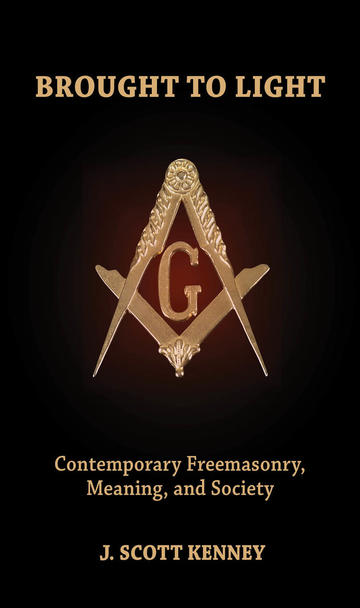Secret societies are becoming increasingly controversial—thrust into public awareness by popular books, films, the Internet, and a host of recent documentaries. In academia, this exposure finds a parallel in the proliferation of research, institutes, and conferences. Yet the media depictions tend to be caricatures, a playing to pervasive stereotypes for public consumption, while the academic stress historical and philological matters. Indeed, to the extent a sociological focus exists, it largely emphasizes the roles these groups played in social history. And for the societies’ members themselves, there has been a paucity of work on the contemporary meaning of these groups—a neglect made mystifying by the vast social changes that have taken place over the past century. In this study, and for the first time by any scholar, Kenney moves beyond history and applies the methods and theoretical tools of contemporary sociology to study the lived world of freemasons in today’s society.
To provide a clear portrait of the patterned experiences of contemporary freemasons and the issues faced by “the Craft” today, Kenney draws on qualitative data from three primary sources: (1) extensive interviews with 121 contemporary freemasons in Newfoundland and Nova Scotia; (2) video footage shot for a feature film on contemporary freemasonry; and (3) his observations and experiences in nearly fifteen years as a freemason. Brought to Light provides a highly original contribution to sociology, Masonic scholarship, and the social sciences generally.
J. Scott Kenney is an associate professor of sociology at Memorial University in St. John’s, Newfoundland. He completed his B.A. and LL.B. at Dalhousie University. After practising law, he earned his M.A. and Ph.D. at McMaster University. He conducted SSHRC Postdoctoral research at Dalhousie and taught at St. Mary’s University before taking up his current appointment.
Since the eighteenth century, Freemasonry has been an important part of civil society in Canada and the United States. Today, the number of lodge members is rapidly diminishing, but there are still young men who wish to adhere. Surprisingly, there is little sociological research on current forms of Masonic life. In this unique book, sociologist Kenney, a Mason himself, investigates how men become Freemasons, why they stay or leave, and what membership of an old ritualistic society means for them. His account ends with an insightful analysis of the order's decline and the ways lodges try to cope with it.
''Freemasonry has provoked reactions varying from fascination and curiosity to shock and anxiety ever since it became popular in the early eighteenth century. While there have been many historical studies, Scott Kenney's enthralling and groundbreaking book offers for the first time a detailed sociological analysis of contemporary Freemasonry. The book is packed with memorable first-hand insights into the reaction of individual Freemasons to the craft. Kenney's clearly written and accessible study is not only a major contribution to sociological discussion of the role and significance of associational culture but also lifts the curtain on a frequently overlooked aspect of contemporary society.''



